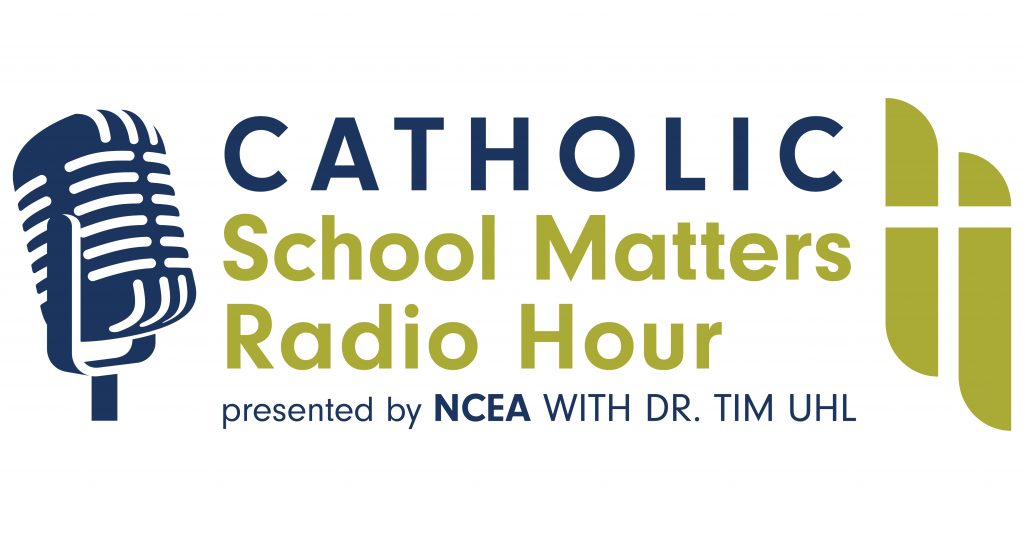
This week, I am airing a conversation with Fr. Bryan Massingale from Fordham. He is a professor of social ethics and theology and is uniquely positioned to assist us in our study of the Congregation for Catholic Education’s recently released “Male and Female He Created Them: Towards a Path of Dialogue on the Question of Gender Theory in Education.” It’s a difficult document to read and discuss as we touch on some “third rail” topics such as gender, homosexuality, and transgender students.
The document was written for educators in Catholic schools so this deserves our attention. Unlike other Vatican documents, this one is not signed by Pope Francis. This document is a “thinking out loud” summary of where the Church is at right now, and because it is centered on dialogue, it is by no means the final word on gender theory. The Congregation for the Doctrine of the Faith is also working on a document on gender theory as well and will be out in 2020.
Many were hoping that the document would provide more direction for school policies. Instead, it offers church positions on gender theory and calls for more dialogue. For a look at how the document was received, here are articles which show the variety of reactions:
- Vatican summary of the document which points out its focus on dialogue instead of ideology
- New York Times news article “Vatican Rejects Notion that Gender Identity Can Be Fluid” showcases how the American news media interpreted the document
- The Cardinal Newman Society states that the document didn’t go far enough
- Looking at the two NCR’s: the National Catholic Register states that the document “rejects gender ideologies” and the National Catholic Reporter offers a pointed critique
- Great balanced opinion piece in the Arlington Catholic Herald offering a fair critique of the document
- Perhaps the best piece of commentary was by Fr. Jim Heft, SJ, of the The Institute for Advanced Catholic Studies at USC.
The document explores the anthropology (read human development) of Christian life, the divorce of freedom from truth, the importance of the family, and the tension between science and faith. Not to be missed, however, is the document’s attention to “a way of accompanying that is discrete and confidential, capable of reaching out to those who are experiencing complex and painful situations” (paragraph 56). The document does not make any policy restrictions on Catholic schools (e.g. banishing transgender students), instead calling on educators to carry out a pastoral approach. It’s worth your effort to read and to participate in the dialogue around these thorny issues in our culture, our church, and in our schools. My hope is that the podcast and these resources will help you in your efforts. Here is another link to the podcast.